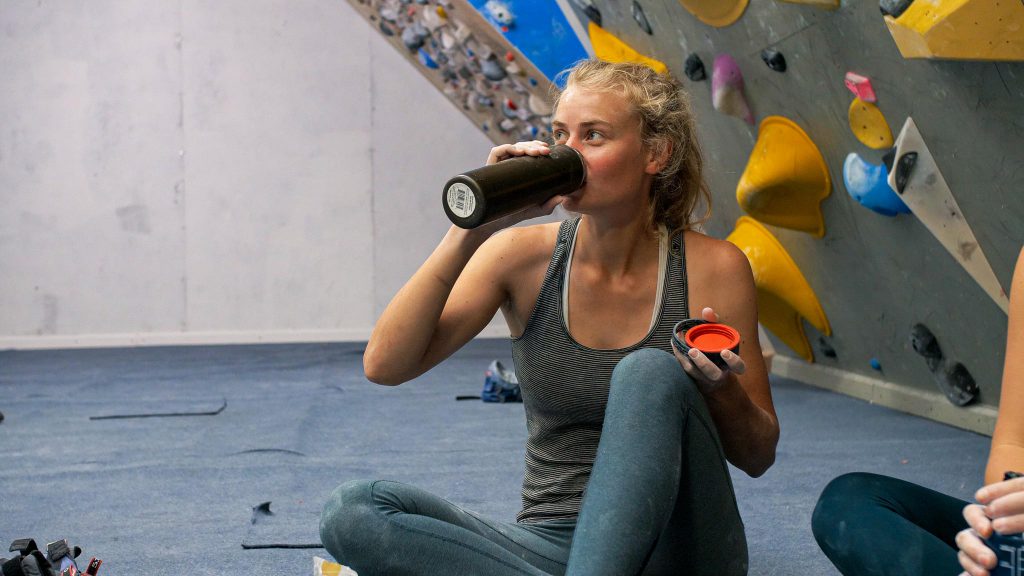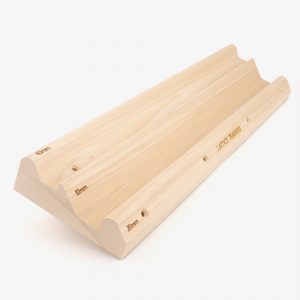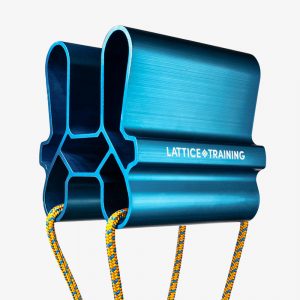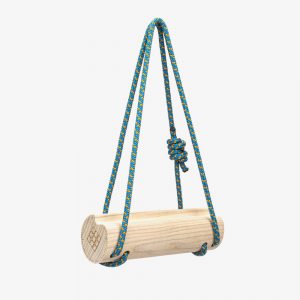Female Climber Series: The Menopause, Part 2
In this weeks Female Climber Series, we discuss how to handle longer recovery times during the menopause.
As we age, one of the most common complaints is that it takes longer to recover. We may start to notice this most distinctly during peri- and post-menopause. But how do we know if this is affecting us? There are lots of signs that we may not be recovering from our climbing and training. A few common ones are:
- A reduction in the quality of your training.
- Not progressing (this is over a period of around 6 weeks – remember we won’t see progress over night!)
- Reduced concentration or motivation.
Getting enough rest
Given that training wise a shift to strength training is useful during this time (discussed in part one), we need to make sure we rest enough between sessions. Increasing the “training week” to 10 day cycles is a good way to balance training and recovery. This allows more rest days between high intensity sessions. Alternatively increasing the frequency of deload or rest weeks will help prevent too much fatigue building up. Mobility work can be a great way to make the use of time between high intensity sessions.

Increase protein intake
As we get older our sensitivity to the amino acid leucine reduces. This is the amino acid that signals our muscles to switch on muscle protein synthesis. There is often a lot of discussion about protein timing after training or climbing, but ensuring we get enough protein over the course of the day is a good place to start! Ensure your proteins come from a whole protein source. Or use a combination of proteins if not from a whole source to get sufficient leucine.
Sleep
Estrogen positively impacts melatonin production, which plays a role in the onset of sleepiness. Progesterone impacts thermoregulation, and deep sleep requires a drop in core body temperature. Sleeping in a cool room and drinking cold tart cherry juice can help improve sleep quality and therefore recovery from training.






